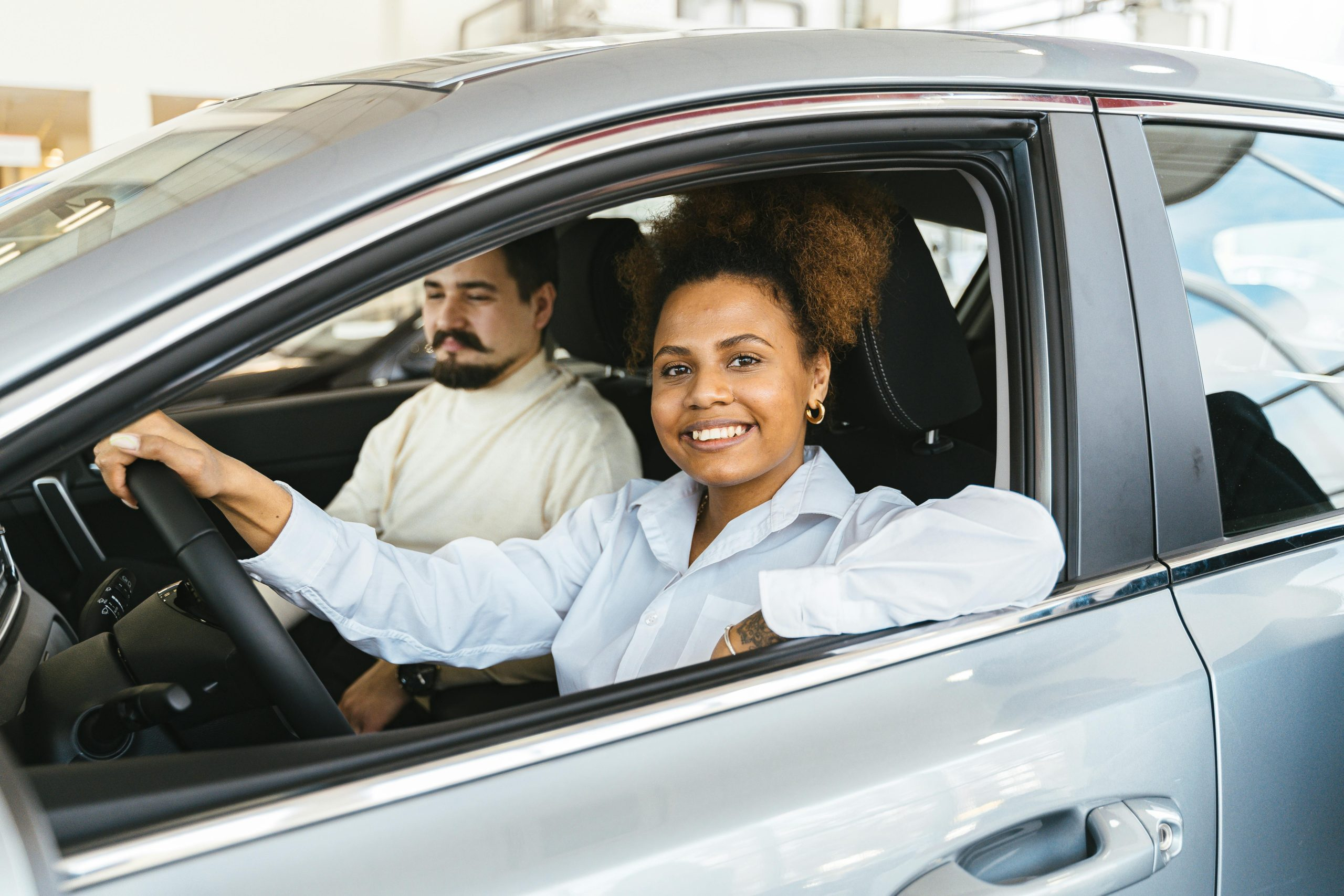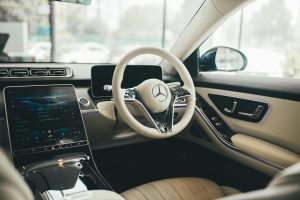Car Insurance Reimagined for Self-Driving and Connected Cars
The advent of self-driving and connected cars has brought about significant changes in the automotive industry. With more and more vehicles being equipped with advanced technologies, it’s only natural for the insurance industry to evolve as well. Car insurance for self-driving and connected cars is no longer the same as traditional policies. In fact, it’s undergoing a major transformation, reimagined to meet the unique needs and challenges posed by these futuristic vehicles.
What are self-driving and connected cars?
In simple terms, self-driving cars refer to vehicles that use various sensors, cameras, and other advanced technologies to navigate and drive on their own without human intervention. These cars are designed to analyze and respond to their surroundings in real-time, making them a safer and more efficient mode of transport compared to traditional cars.
On the other hand, connected cars are vehicles that have internet connectivity and can communicate with other devices, networks, and systems. These cars can exchange information with other cars, road infrastructure, and even the driver’s smartphone, making them more convenient and providing access to a variety of services on the go.
The need for reimagined car insurance
With self-driving and connected cars becoming mainstream, the insurance industry is facing a new set of challenges. Traditional policies are designed to cover human error, but with the reduced risk of accidents in self-driving cars, the insurance landscape is changing. As these vehicles become more advanced, the need for reimagined car insurance is becoming more evident.
One of the most significant changes in insurance for self-driving and connected cars is the shift from individual coverage to a broader, more comprehensive approach. Insurers now have to take into account new factors such as cyber threats, product liability, and software errors, which were not previously considered in traditional policies.
Coverage for cyber threats
Since connected cars rely on various sensors and software to operate, they are vulnerable to cyber threats. Hackers can hack into these systems and take control of the vehicle, potentially putting the driver and others on the road at risk. Therefore, insurance companies are now offering coverage for cyber attacks, including data breaches, vehicle hacking, and ransomware attacks. This coverage provides financial protection for both the driver and the manufacturer in case of cyber incidents.
Product liability coverage
In the past, product liability coverage was primarily for manufacturers of physical products. However, with self-driving cars, the lines are blurred, and the software and technology are becoming equally important. In case of accidents caused by software or technology failures, the manufacturer could be held liable. Therefore, insurance companies are now offering product liability policies that cover both the physical and technological aspects of self-driving cars.
Software error coverage
As self-driving cars rely heavily on software and programming, there is always a risk of errors or malfunctions. Even the most advanced systems can have bugs, and these bugs can lead to accidents. To protect against such cases, insurance companies are now offering software error coverage, which covers financial losses resulting from software failures.
How car insurance is adapting to connected cars
As for connected cars, insurance companies are leveraging the data provided by these vehicles to offer more personalized and fair policies. With access to real-time data about the driver’s behavior, location, and driving patterns, insurers can calculate premiums based on risk. This allows safe drivers to pay lower premiums, while high-risk drivers are charged higher rates.
Furthermore, connected cars can also transmit data about vehicle health, which can help insurance companies detect and prevent potential mechanical issues. This can lead to lower premiums for drivers, as they are less likely to experience breakdowns or major accidents on the road.
The future of car insurance for self-driving and connected cars
The insurance industry is at an exciting stage with the rise of self-driving and connected cars. As the technology continues to advance, insurance policies will need to evolve accordingly. We can expect to see more insurers specializing in car insurance for self-driving and connected cars and possibly even usage-based coverage, where drivers pay for their insurance based on how often they use their vehicles.
Ultimately, car insurance for self-driving and connected cars is reimagined to meet the unique needs of these advanced vehicles. While the industry continues to adapt to new technologies, one thing is for sure – with more automation and connectivity comes a safer and more efficient driving experience, backed by insurance policies that are equally advanced.










